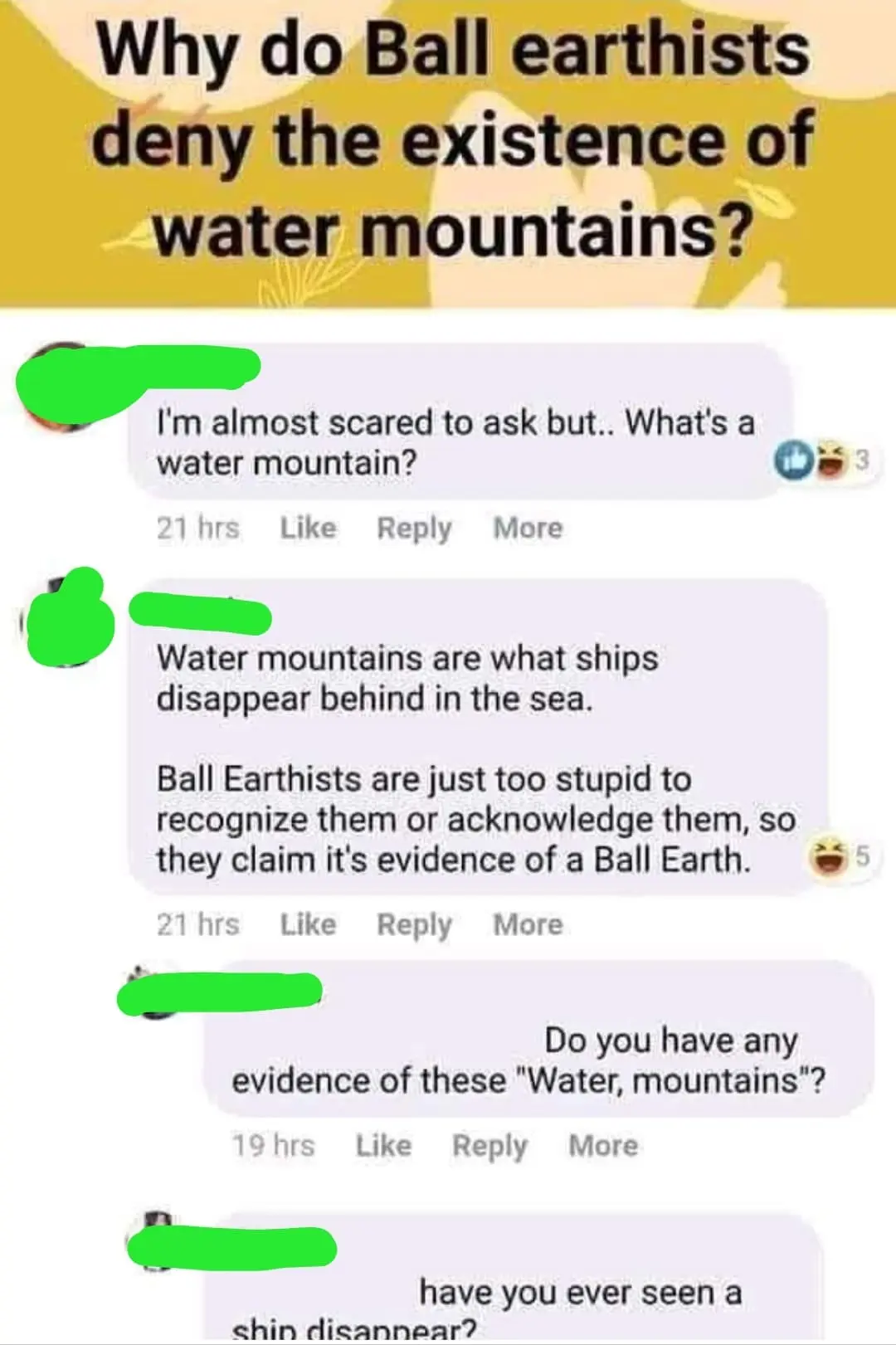this post was submitted on 09 Jul 2024
781 points (98.2% liked)
Science Memes
12047 readers
1657 users here now
Welcome to c/science_memes @ Mander.xyz!
A place for majestic STEMLORD peacocking, as well as memes about the realities of working in a lab.

Rules
- Don't throw mud. Behave like an intellectual and remember the human.
- Keep it rooted (on topic).
- No spam.
- Infographics welcome, get schooled.
This is a science community. We use the Dawkins definition of meme.
Research Committee
Other Mander Communities
Science and Research
Biology and Life Sciences
- [email protected]
- [email protected]
- [email protected]
- [email protected]
- [email protected]
- [email protected]
- [email protected]
- [email protected]
- [email protected]
- [email protected]
- [email protected]
- [email protected]
- [email protected]
- [email protected]
- [email protected]
- [email protected]
- [email protected]
- [email protected]
- [email protected]
- [email protected]
- [email protected]
- [email protected]
- [email protected]
- [email protected]
- !reptiles and [email protected]
Physical Sciences
- [email protected]
- [email protected]
- [email protected]
- [email protected]
- [email protected]
- [email protected]
- [email protected]
- [email protected]
- [email protected]
Humanities and Social Sciences
Practical and Applied Sciences
- !exercise-and [email protected]
- [email protected]
- !self [email protected]
- [email protected]
- [email protected]
- [email protected]
Memes
Miscellaneous
founded 2 years ago
MODERATORS
you are viewing a single comment's thread
view the rest of the comments
view the rest of the comments

Isn't that how tides work? The hills move? I'm probably all wrong
It's all about gravity and then some.
The tides and ordinary waves caused by wind will appear as moving hills.
The daily tides happen from the moon pulling the water towards the line between the moon and earth. This forms the tides that go around the globe everyday. It happens on both sides of the globe, like this:
The topological map shows something else than tides and moving waves though.
The globe isn't perfectly round. It's shaped like an irregular geoid, almost shaped like an ellipsoid, but not exactly. The ocean surface topological map takes the usual tides in account and maps the surface in relation to the geoid, so it shows where the water level is higher or lower than it would be if it was perfectly distributed.
The earth's gravitational field is not perfectly regular, so it will pull more water towards certain areas, and there are things like ocean currents and the regular trade winds happening from Earth's rotation, all shaping the sea in hills and valleys that are not just waves. These variations span large areas and doesn't appear as much in relation to the tides. It basically just goes to show that sea level is not at all level. For instance, the east coast of USA has a higher sea level than the west coast. If sea levels should rise from melting ice, it is therefore more likely to spill over the east coast than the west coast.